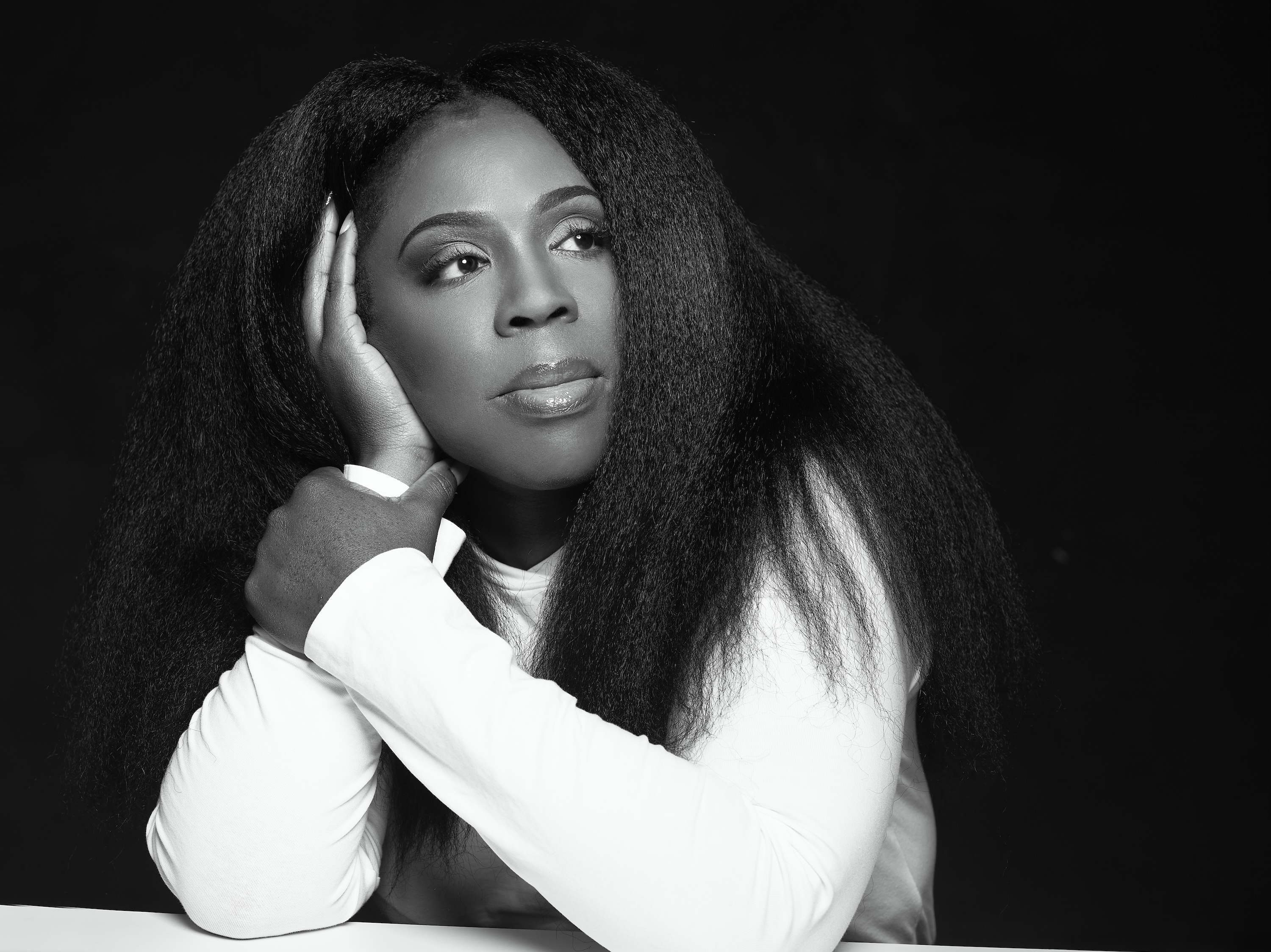The Hijacking of Hip-Hop: Money Over Morals
By Jasmyne Cannick
Once upon a time a long time ago in a land not that far away, hip-hop was the voice of the streets. It was a movement, a message, and a megaphone for Black empowerment and communal struggle. Born from block parties and sound systems in the Bronx, it was raw, unfiltered, and unapologetically Black. It wasn’t just music, it was a blueprint for survival. But somewhere along the way, the cipher got hijacked by the almighty dollar, and now we’re left wondering: when did hip-hop trade its soul for a stack?
They Caught the Vapors
Let’s talk about some names—Soulja Boy, Rick Ross, Nelly, and the Doggfather himself, Snoop. These are the same artists who once rode waves of Black creativity, who stood on the shoulders of a community that built them up, only to later moonwalk into Donald Trump’s inaugural events like it was a VIP lounge. And yes, Black people have every right to critique that. These men owe their fame to the culture we created. The beats, the bars, the slang—none of it exists without us. But when the culture needed them to stand for something bigger than their bottom line, they cashed the check and danced anyway.
The hypocrisy is staggering. These Black hip-hop artists celebrating the election of Donald Trump is baffling enough, but the timing adds insult to injury. In Trump’s very first hours in office, the man they were hyping up wasted no time signing executive orders that directly harmed the same Black and Brown communities that built these artists’ careers, including his pardoning of leaders from extremist groups like the Proud Boys and the Oath Keepers—organizations tied to white supremacist ideologies and violent white-power movements. The communities that bought these artists’ albums, filled their concert venues, and turned them into icons deserved loyalty—not performances for a man who championed policies and alliances that screamed contempt for those same fans. It’s a betrayal that makes their actions not just tone-deaf but outright disgraceful.
And it must be mentioned that Snoop Dogg’s decision to perform at a Trump-related event directly contradicts his outspoken criticism of Trump in 2017. Back then, he didn’t mince words. He was vocal about rejecting Trump and everything he stood for, positioning himself as someone who wouldn’t sell out for any price. Fast forward to now, and his involvement in a Trump celebration feels like a complete 180, leaving fans questioning his authenticity and commitment to the principles he once preached.
That’s why we’re upset.
The Crossover
We’ve seen this coming for a while now. The slow but steady shift from hip-hop as a movement to hip-hop as a money-making machine has been happening for decades. It was only a matter of time before we hit this inevitable and embarrassing moment—seeing artists like Snoop, Nelly, Rick Ross, and Soulja Boy performing at Trump inauguration events. This didn’t happen overnight–it’s the result of years of prioritizing profit over principles, where the culture that once stood for resistance and truth now bends to the highest bidder.
Let’s not sugarcoat it: Trump’s inauguration wasn’t some neutral gig. It was a stage built on policies and rhetoric that harm Black and Brown communities. To stand on it as a Black artist, pocket the money, and then retreat to your mansion feels like the ultimate betrayal. It’s the kind of betrayal that comes when money stops being a means to an end and becomes the entire purpose of existence.
And this isn’t just about a few performances–this has been an ongoing systemic shift. Today’s hip-hop lyrics have gone from rallying cries of resistance to open love letters to luxury. Rappers used to talk about surviving the struggle–now it’s all about thriving in excess. If it’s not sex or drugs, every other line brags about a Birkin bag, a private jet, or a stack of cash that’s apparently so heavy it’s a workout just to hold it.
It’s not just irritating–it’s downright toxic. When every verse worships wealth, it creates a culture where having money is more important than how you got it or what you do with it.
When asked what does it mean when a rapper is called a sellout, Soulja Boy told Genius, “Basically selling your soul, doing something that you wouldn’t normally do.”
Sadly, performing for a Trump inauguration event is right on brand for Soulja Boy. In his n-word and profanity-laced tirade on social media, he bragged about how Trump put money in his pocket while “Obama” and “Kamala” never called him . By his logic, the devil himself could show up with a check, and as long as he’s getting paid, Soulja Boy would gladly sell everyone out.
C.R.E.A.M.
Soulja Boy and artists like him have normalized moral bankruptcy as long as it comes with a seven-figure deposit. Meanwhile, the communities that gave hip-hop life are still struggling. The inequality that hip-hop once called out is still very much alive, but you’d never know it from scrolling through Instagram feeds full of Lambos and diamond chains.
The saddest part? The shift wasn’t inevitable. Hip-hop didn’t have to go this way. The genre’s pioneers built something that was powerful, authentic, and rooted in the idea of collective progress. Money was never the enemy, but it wasn’t the goal either—it was a tool. A means to uplift the community, to build something lasting. Somewhere along the line, that message got drowned out by the sound of clinking champagne glasses.
We’re not saying artists can’t make their money. We’re not saying success is a bad thing. But when the pursuit of wealth becomes the defining characteristic of a genre that was built on community, it’s time to pause and reflect.
The Message
Hip-hop is supposed to be bigger than flexing on the gram. It’s supposed to be about truth, resilience, and resistance. Those of us old enough to remember the history and evolution of hip-hop know this better than anyone. We remember when it was a lifeline, a mirror for the struggle, and a call to action—not just a showcase of wealth. But for younger generations, some of whom have only ever known this new iteration of hip-hop obsessed with money and status, it’s a different story.
So yes, folks have every right to question when the moves don’t align with the culture. It’s not just music—it’s our culture. And if we don’t hold it accountable, who will?
A member of hip-hop generation, Jasmyne Cannick is based in Los Angeles and is an award-winning journalist and political commentator who writes to challenge, critique, and hold the culture accountable?
 Westside Story Newspaper – Online The News of The Empire – Sharing the Quest for Excellence
Westside Story Newspaper – Online The News of The Empire – Sharing the Quest for Excellence





